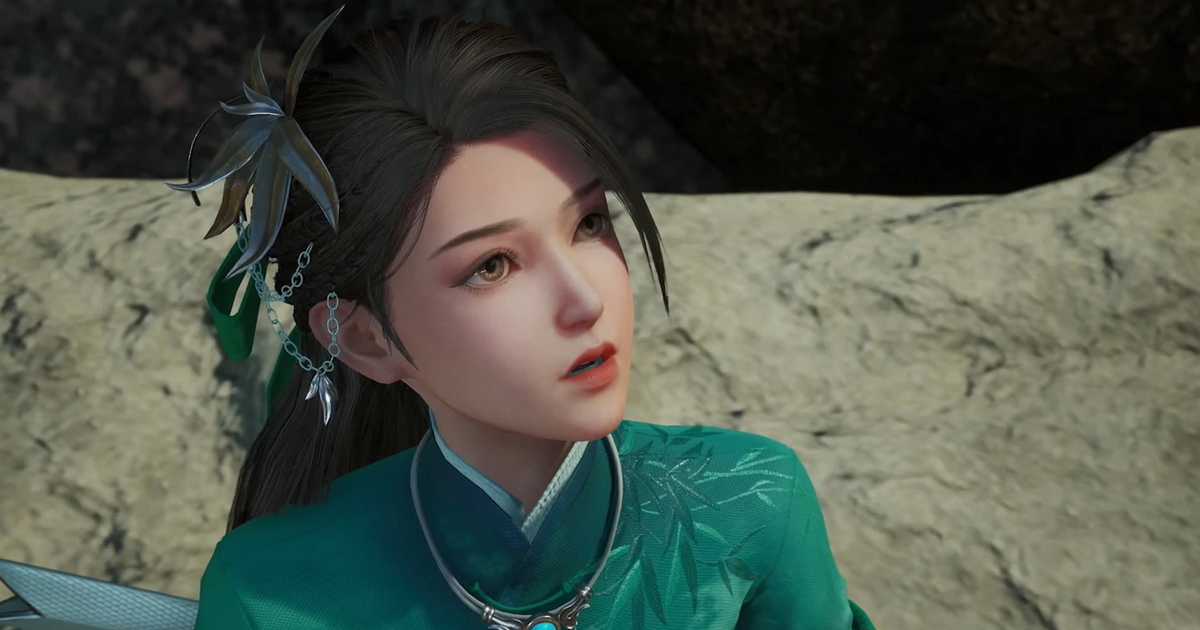In recent months, China has sharply tightened measures to regulate the gaming industry. According to the local publisher CMGE, soon the control over the industry will be as strict as over films and TV series. The list of banned topics will become even longer, and the latest measures taken by the government are just the beginning.Sword and Fairy 7
CMGE Executive Director Hendrick Sin expressed his concerns in a conversation with the South China Morning Post.
The consequences of China’s policy have already been felt by Hollywood studios and streaming platforms like Netflix and HBO (both are not available in China). Now the same thing can happen with games. “The thing is that video games can also reflect ideology and be a propaganda tool, like movies and TV series,” Sin said.
In 2012, CMGE became the first Chinese mobile publisher to enter the NASDAQ stock exchange. Soon the company became private again, and in 2019 it held an IPO on the Hong Kong Stock Exchange, receiving investments from Tencent and Bilibili.
Until recently, CMGE was doing well. The company has at its disposal such successful local franchises as Sword and Fairy. Thanks to this, last year it earned ¥3.8 billion ($594.9 million) and made a profit of ¥800 million ($125.2 million).
However, everything changed this summer when the Chinese authorities took a number of measures to tighten control over the gaming market. As a result, CMGE shares fell, and the company had to actually stop publishing foreign titles and concentrate only on local projects.
“You may have noticed that in recent years the number of new IP addresses from Japan, Europe and America has fallen sharply. It’s not a coincidence. In recent years, our attention has shifted towards Chinese IP, and this is directly related to changes in China’s policy,” Xing said.
The list of topics banned in games directly reflects the values and views of the government. Developers can easily avoid problems if they do not cross the designated boundaries. However, Sin believes that the new rules and a reduction in the number of licenses issued can only help large players in the future and greatly harm small studios.
According to the head of CMGE, Beijing will also closely monitor the loot boxes. The government already requires developers to indicate the chance of getting a reward. The authorities also believe that the necessary item should fall out of the loot box after 20-30 attempts — no more.
Now the Chinese authorities are preparing to resume issuing licenses for the games after a four-month break. However, the process itself will become much stricter, since titles need to contain the “right” set of values and not force players to choose between good and evil.
Otherwise, the local government is trying in every possible way to close the last loopholes for developers. It will become more difficult for companies to circumvent current and future rules, not to mention limiting playing time among teenagers to three hours a week.

